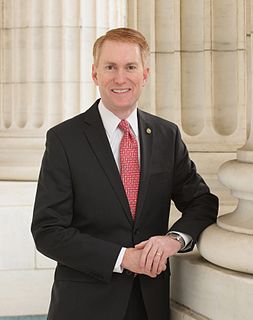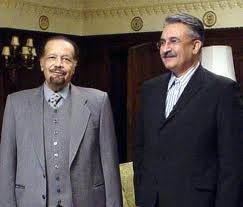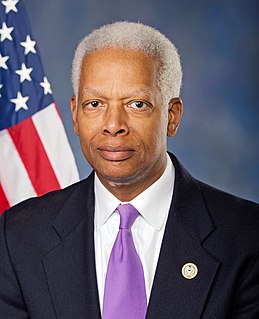A Quote by James Lankford
When a president makes up law as he goes, no one knows what the law is anymore.
Related Quotes
I do not agree with the use of 'signing statements' to effectively act as a line-item veto, except when the President believes a law or a provision within a law is unconstitutional.In general, if a President signs a law, they are committing themselves to enforcing it. If they don't believe it should become a law, they should veto it.
The law is equal before all of us; but we are not all equal before the law. Virtually there is one law for the rich and another for the poor, one law for the cunning and another for the simple, one law for the forceful and another for the feeble, one law for the ignorant and another for the learned, one law for the brave and another for the timid, and within family limits one law for the parent and no law at all for the child.
Narrative should flow as flows the brook down through the hills and the leafy woodlands...a brook that never goes straight for a minute, but goes and goes briskly, sometimes ungrammatically, and sometimes fetching a horseshoe of ¾ of a mile around and at the end of the circuit flowing within a yard of the path that it traversed an hour before; but always going and always following at least one law, always loyal to that law, the law of narrative, which has no law. Nothing to do but make the trip; the how of it is not important, so that the trip is made.
We make a big mistake when we conclude that the law is the answer to bad behavior. In fact, the law alone stirs up more of such behavior. People get worse, not better, when you lay down the law. To be sure, the Spirit does use both God's law and God's gospel in our sanctification. But the law and the gospel do very different things.

































